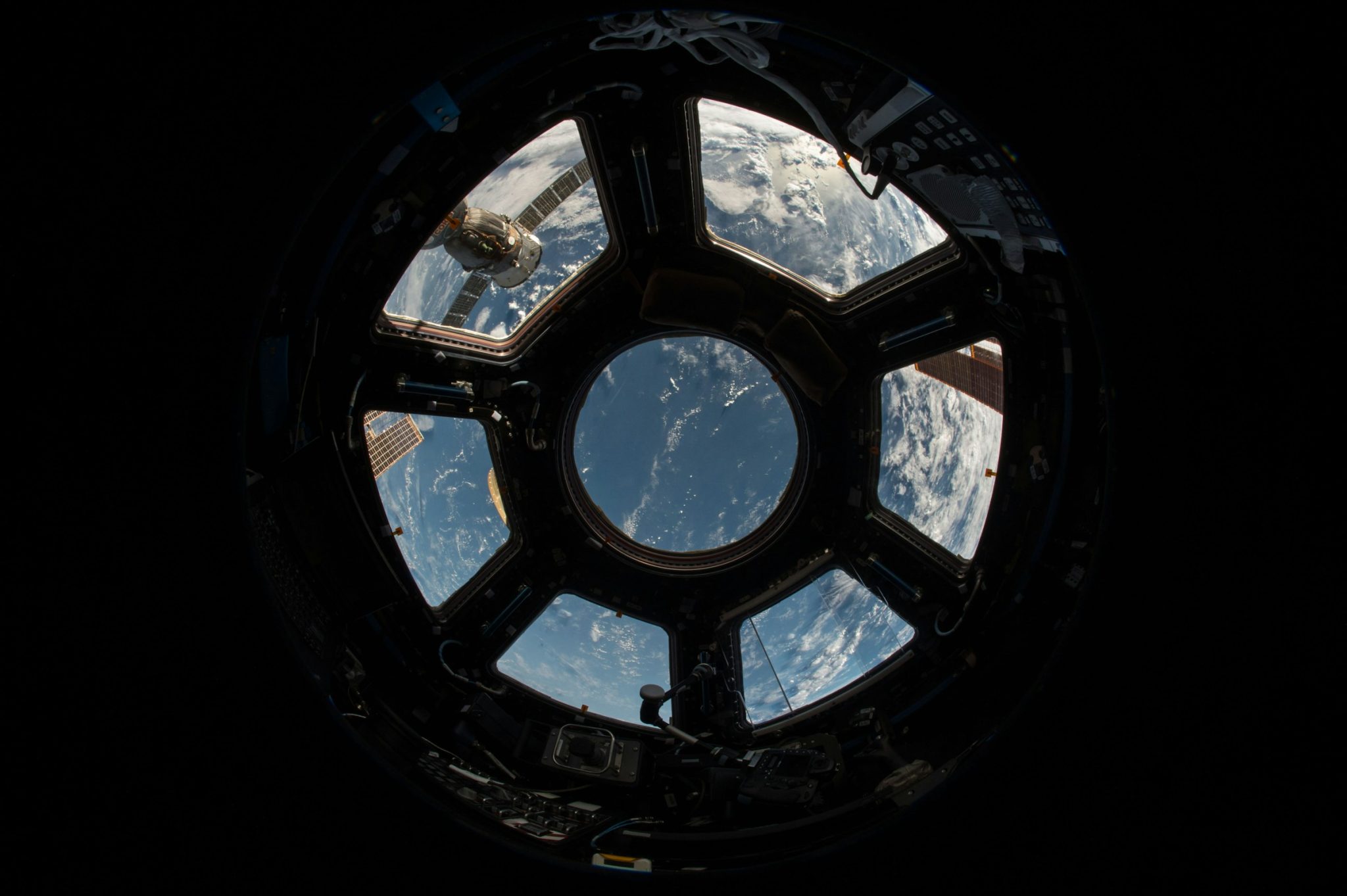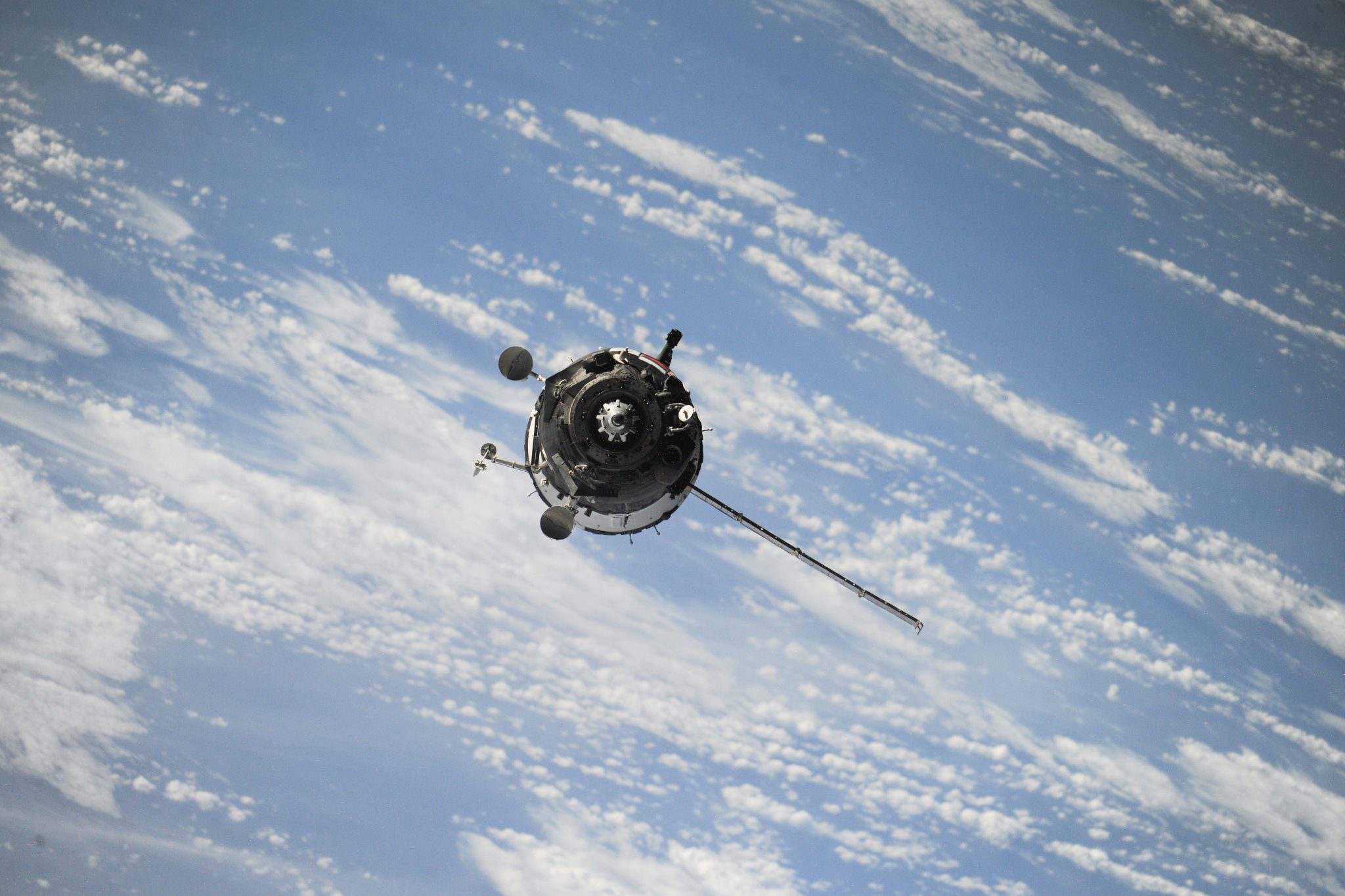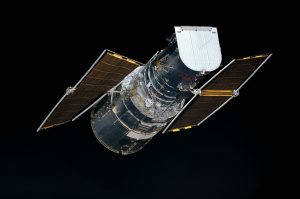space junk, kessler syndrome, low earth orbit, orbit, orbital debris, polluter pays, satellites, Space, space debris, space junk, space travel

Luca Brocca
Just Access Representative to the UNCAC
Space: the final frontierŌĆ” and humanityŌĆÖs largest junkyard.
Since the dawn of space exploration, weŌĆÖve been flinging satellites, rockets, and even astronaut garbage into orbit with little thought about what happens next.┬Ā Now, with over 100 million pieces of space debris circling Earth at hyper–speeds, the mess is catching up with us.
The Problem: Space is Getting Crowded
Imagine driving on a highway littered with broken-down cars moving at 25,000 km/h.┬Ā ThatŌĆÖs what space agencies and private companies working in the space industry deal with daily.┬Ā Defunct satellites, lost tools, and even tiny flecks of paint pose collision risks that could trigger the dreaded Kessler Syndrome, a cascade of collisions in which space debris impacts other space objects causing them to fragment, creating ever more debris, and ultimately making space too dangerous to use.
Space debris isnŌĆÖt just an inconvenience; itŌĆÖs an existential problem.┬Ā With only 7% of tracked space objects still operational, the growing cloud of debris endangers satellites, astronauts, and future missions. ┬ĀEven tiny fragments travel at extreme speeds, capable of disabling critical services like GPS and communications or puncturing spacecraft.┬Ā Falling debris also poses risks on Earth, from property damage to environmental harm
Space: the final frontierŌĆ” and humanityŌĆÖs largest junkyard
Space debris that re-enters Earth’s atmosphere also poses a risk. ┬ĀWhile most debris burns up before reaching the ground, some larger objects survive re-entry and crash to Earth. ┬ĀThough no injuries have been reported so far, the increasing amount of debris raises the likelihood of future accidents.
In fact, because of the amount of debris already in orbit, even if we stopped launching new satellites tomorrow, the problem would persist for decades due to ongoing collisions and fragmentations.
Support our work!
We can only do our work thanks to the support of brave, passionate people like you!
Your donation will help us to keep fighting for human rights and access to justice for everyone, everywhere.
Enter: the ŌĆśPolluter PaysŌĆÖ Principle
The ŌĆśpolluter paysŌĆÖ principle is straightforward: if you make a mess, you clean it up (or at least pay for someone else to do it). ┬ĀOn Earth, industries have been held accountable for pollution for decades; yet, when it comes to space, the concept remains largely theoretical. ┬ĀThe result? ┬ĀA cosmic free-for-all where countries and corporations launch satellites without mandatory clean-up responsibilities.
The polluter pays principle has worked on EarthŌĆöwhy not extend it to space?
This lack of accountability is the reason why so much debris is still floating around. ┬ĀThe principle, if enforced in space law, would make companies and nations responsible for mitigating their own debris, much like how industries on Earth must adhere to environmental regulations.
How to Make Polluters Pay
Applying the polluter pays principle in space could take multiple forms:
- Debris Disposal Fees – Just like waste disposal taxes on Earth, satellite operators could pay into a global clean-up fund at launch time.
- Mandatory Deorbiting – Operators must design spacecraft to deorbit or relocate to graveyard orbits at the end of their mission.
- Liability Enforcement – If space debris from one entity damages anotherŌĆÖs satellite, the polluter should compensate for the loss.
- Incentivised Clean-Up – Governments could reward companies that successfully remove debris, creating a private sector-driven solution.
- Launch Permits with Conditions – Governments could require debris mitigation plans before approving launches, ensuring a proactive approach.

WhoŌĆÖs Leading the Charge?
Some agencies are taking the first steps. ┬ĀThe European Space Agency (ESA) has introduced a ŌĆ£Zero DebrisŌĆØ approach aiming for cleaner space operations by 2030. ┬ĀSimilarly, missions like ClearSpace-1 are being developed to physically remove defunct satellites from orbit. ┬ĀThe US and other nations are also exploring commercial partnerships to fund debris removal projects.
However, without binding international regulations, these efforts remain voluntary. ┬ĀThe absence of a robust, enforceable framework means that many private companies and nations have little incentive to change their current practices.
The Urgency of Action
With the rapid rise of satellite mega-constellations, space traffic is becoming unsustainable. ┬ĀCompanies like SpaceX and Amazon are launching thousands of small satellites into low Earth orbit, significantly increasing the risk of collisions. ┬ĀIf we donŌĆÖt act now, future generations may inherit orbits too cluttered to use.
But this isnŌĆÖt just a problem for the future. ┬ĀIn 2021, the ISS had to perform multiple manoeuvres to avoid space debris, and collisions between defunct satellites have already been documented. ┬ĀFurther, in 2023, a piece of space junk from the International Space Station fell onto a home in Florida, highlighting the potential danger to people and property. ┬ĀThe more debris accumulates, the more these risks increase.
It is time to clean up our cosmic backyard before it is too late.
Adopting the polluter pays principle globally would not only ensure accountability but also fund technological advancements in space debris removal. ┬ĀWith the right incentives in place, we could see innovative solutions emerge, from debris-harpooning spacecraft to satellite-catching nets.
Final Thought: ItŌĆÖs Time for a Change
The space age has been a marvel of human achievement, but we must recognise the environmental consequences of our off-world activities. ┬ĀThe polluter pays principle has worked on Earth -why not extend it to space?
A comprehensive, enforceable space debris policy is necessary now. Just as inaction on climate change has made mitigation efforts far more difficult and costly, failing to address space debris while the problem is still manageable could have irreversible consequences. The sooner we act, the better our chances are of keeping space open and accessible for generations to come. ┬ĀIf humanity is serious about exploring Mars and expanding our presence beyond Earth, we first need to take responsibility for the mess that has been left behind. ┬ĀIt is time to clean up our cosmic backyard before it is too late.
Just Access e.V. is a non-party political organisation, whose mission is to support human rights and access to justice worldwide. ┬ĀThe views and opinions expressed in this piece and those of the author, and do not necessarily represent those of Just Access e.V.┬Ā
Subscribe to the Just Access newsletter
Don’t miss any of our blog posts, or any of our other great content!
Stay up to date with our work by subscribing to the Just Access Newsletter (six mailings per year).









